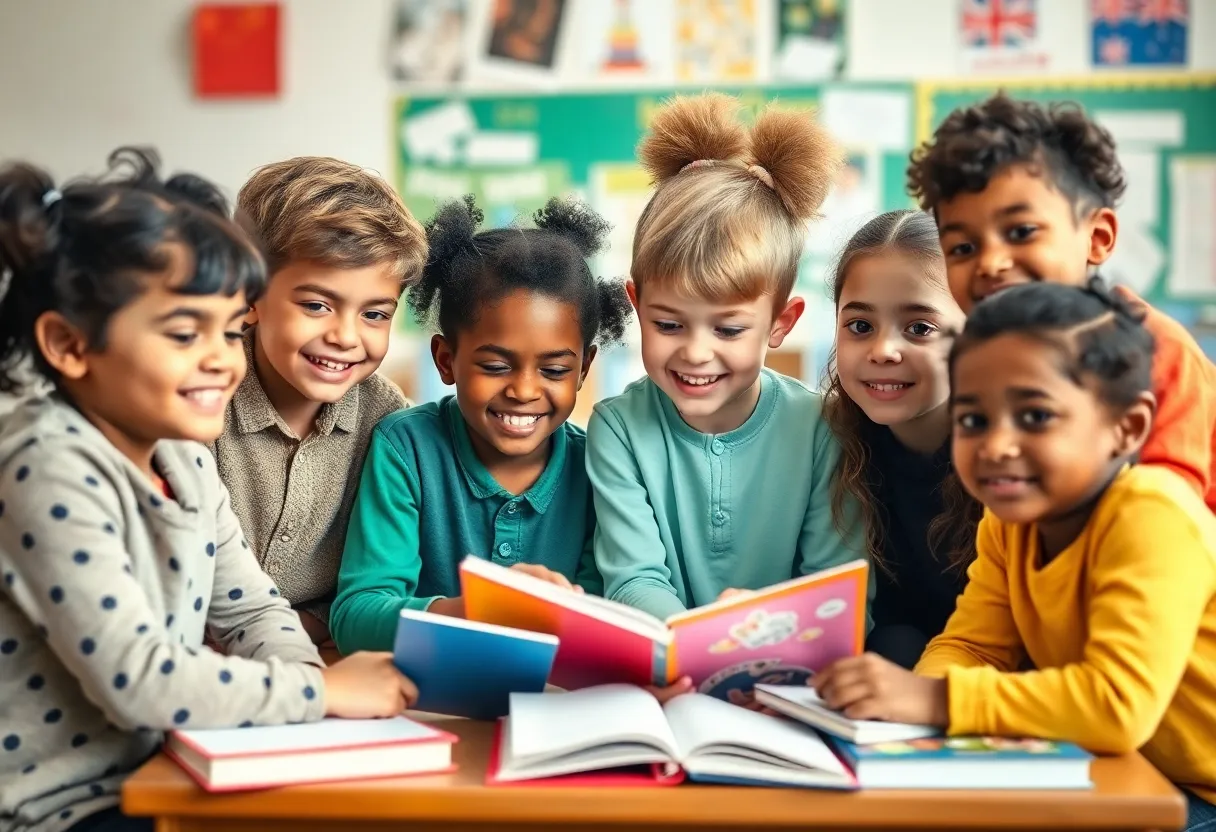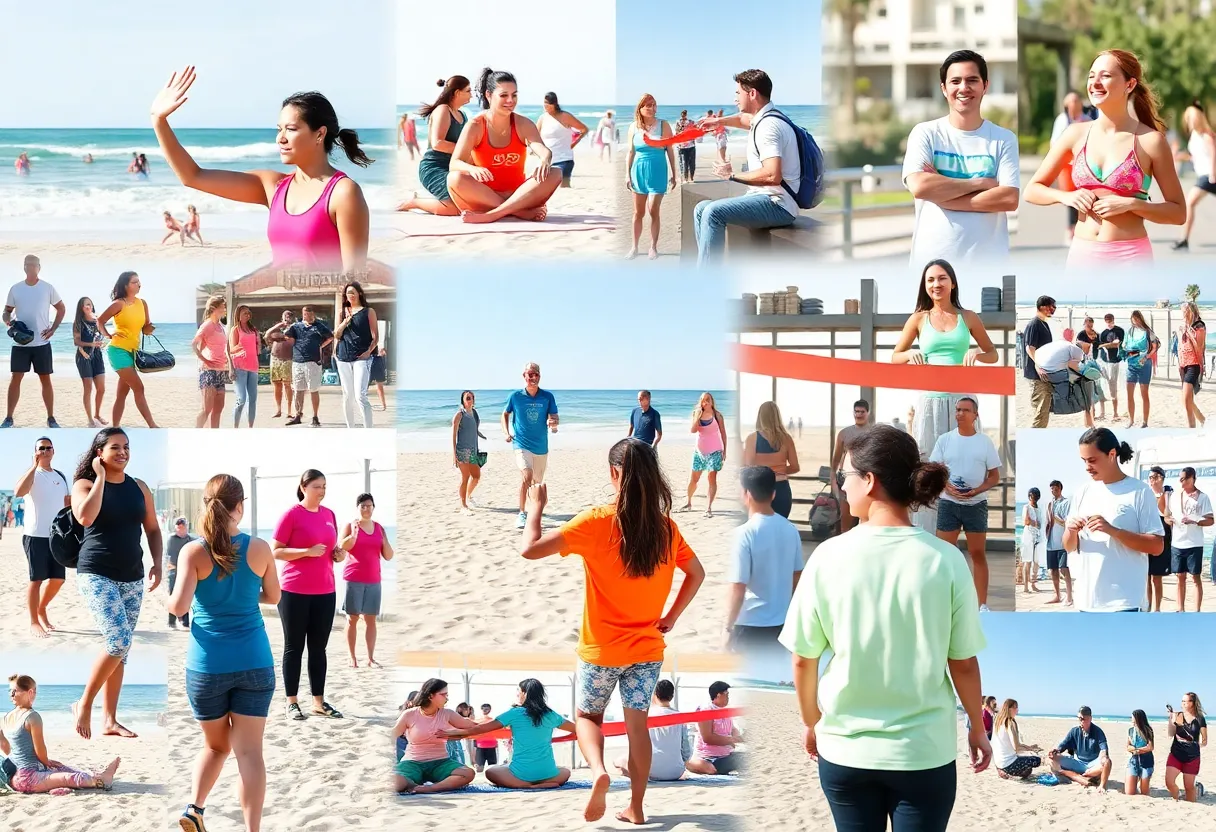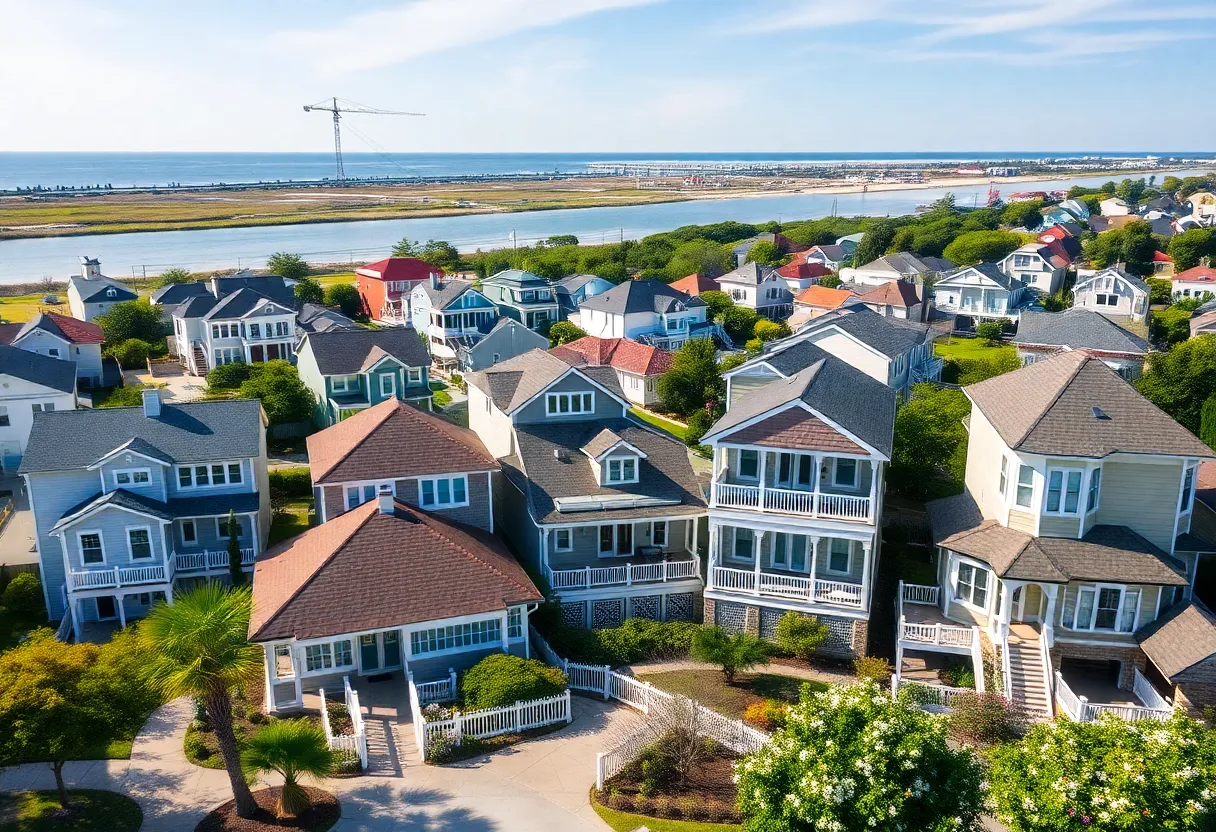News Summary
Former President Barack Obama has voiced concerns over the political polarization impacting decisions on school closures during the COVID-19 pandemic. He highlighted that the heated debates distracted from the critical importance of maintaining educational facilities, emphasizing the adverse effects on children’s education and social development. Obama pointed out that discussions about safe school reopenings should have begun earlier to address the needs of parents and children’s learning. Recent studies indicate that prolonged closures led to significant academic setbacks for students, raising questions about public health decisions and their consequences.
Washington D.C., March 2024 — Former President Barack Obama Criticizes Political Polarization Over School Closures During the Pandemic
In a recent analysis of the COVID-19 pandemic response, Barack Obama highlighted concerns about the decision-making process surrounding school closures and the impact of political division on public health strategies. He emphasized that during the pandemic, the importance of maintaining schools was overlooked amid a highly politicized debate, which he describes as an unnecessary “Left versus Right” issue.
Timeline of COVID-19 Impact and School Closures
The first confirmed case of COVID-19 in the United States was reported by the Centers for Disease Control and Prevention (CDC) on January 30, 2020. Within a few short months, the pandemic prompted widespread school closures across the country. By the end of March 2020, most U.S. schools had transitioned to online or hybrid models as part of efforts to curb virus transmission.
Statistics on School Operations During the Pandemic
By mid-September 2020, approximately 60% of U.S. schools were operating fully virtually, 20% maintained traditional in-person schedules, and the remaining 20% employed hybrid approaches combining remote and onsite learning. Throughout 2021, many schools—particularly those in Democratic-led states—continued to operate under modified schedules, often requiring mask-wearing and social distancing measures.
Political and Public Response to Pandemic Measures
In May 2020, Obama criticized the immediate federal response to the pandemic, describing it as “an absolute chaotic disaster,” during a graduation speech. During that period, he also supported guidelines such as canceling large gatherings to slow COVID-19’s spread, emphasizing community responsibility. However, as the pandemic continued, debate intensified over the efficacy and consequences of strict public health protocols, especially school closures.
Consensus on the Impact of School Closures
Public health experts and educators reached a consensus that prolonged school closures negatively affected children’s education and social development. Evidence suggests that closures were less effective at controlling COVID-19 spread than initially hoped, and the negative consequences on students’ learning were profound.
Recent Findings on Educational Harm
A report published in March 2024 highlighted that extended closures did not significantly prevent the spread of COVID-19. Instead, they caused lasting damage to children’s academic progress. Data from the National Assessment of Educational Progress (NAEP) revealed a notable decline in reading and math scores among high school students compared to scores before the pandemic, in 2019.
In addition, a McKinsey report indicated that by autumn 2020, students had only acquired 67% of the math curriculum typically expected for that period, highlighting the adverse effects on learning outcomes.
Calls for Earlier School Reopenings and Policy Considerations
Obama emphasized that earlier discussions on when and how to safely reopen schools might have mitigated some of these challenges. He pointed out the importance of addressing the needs of working parents seeking reliable childcare and expressed concerns about the social and economic consequences of prolonged closures.
He also acknowledged that objections to certain pandemic protocols, such as mask mandates and social distancing, should be understood within the context of balancing public health with social and economic needs. The importance of maintaining open dialogue and considering different perspectives amid ongoing health crises was highlighted.
Background Context on the Pandemic Response
The COVID-19 pandemic drastically affected daily life and government response strategies across the globe. In the United States, the initial response faced criticism for being disorganized and inconsistent at various levels of government. The debate over how to best protect public health versus preserving economic and social normalcy became a central issue, particularly in the context of educational institutions.
Research and expert analyses continue to evaluate the long-term effects of pandemic-related policies, especially in schools, where the impact on children’s learning and well-being remains a significant concern. Discussions about balancing health measures and educational needs are ongoing as communities adapt to the lessons learned during this unprecedented period.
Deeper Dive: News & Info About This Topic
HERE Resources
Additional Resources
- Unherd: Barack Obama on School Closures
- WAPT: Jackson Public Schools Concerns
- LAist: School Closures in LA
- Jsonline: Potential School Closures in Milwaukee
- Next Pittsburgh: School Changes in PPS
- Wikipedia: COVID-19 Pandemic in the United States
- Google Search: Impact of School Closures Due to COVID-19
- Google Scholar: Educational Impact of COVID-19 School Closures
- Encyclopedia Britannica: Education
- Google News: School Closures COVID-19
Author: STAFF HERE VIRGINIA BEACH WRITER
The VIRGINIA BEACH STAFF WRITER represents the seasoned team at HEREVirginiaBeach.com, your trusted source for actionable local news and information in Virginia Beach, Virginia Beach City, and beyond, delivering "news you can use" with comprehensive coverage of product reviews for personal and business needs, local business directories, politics, real estate trends, neighborhood insights, and state news impacting the region—supported by years of expert reporting and strong community input, including local press releases and business updates, while offering top reporting on high-profile events like the Virginia Beach Neptune Festival, East Coast Surfing Championship, and military homecoming celebrations, alongside key organizations such as the Virginia Aquarium, Virginia Beach Convention Center, and Oceana Naval Air Station, plus leading businesses in tourism and defense like Busch Gardens and Northrop Grumman, and as part of the broader HERE network including HEREWilliamsburg.com, providing credible, in-depth insights into Virginia's vibrant landscape. HERE Virginia Beach HERE Williamsburg





